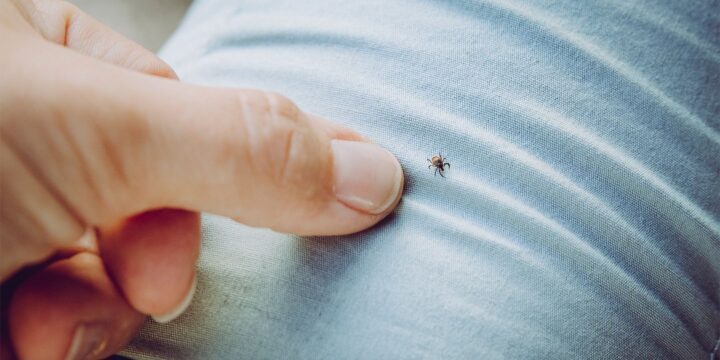
Rare Virus Spread by Ticks Kills Maine Resident
An adult in Maine has died of a rare tick-borne virus, according to public health officials.The resident of Waldo County, in southern Maine, died after being treated in the hospital for neurological symptoms caused by a Powassan virus infection, the Maine Center for Disease Control (Maine CDC) said in a statement. Three types of ticks — groundhog or woodchuck ticks (Ixodes cookei), blackleggged or deer ticks (Ixodes scapularis), and squirrel ticks (Ixodes marxi) — can spread Powassan virus, according to the U.S. Centers for Disease Control and Prevention (CDC).Powassan virus is rare in the United States. Nationwide, a total of 194 cases and 22 deaths were reported between 2011 and 2020, according to the CDC. All the fatalities involved patients who developed neurological symptoms, which can include encephalitis (an infection…







